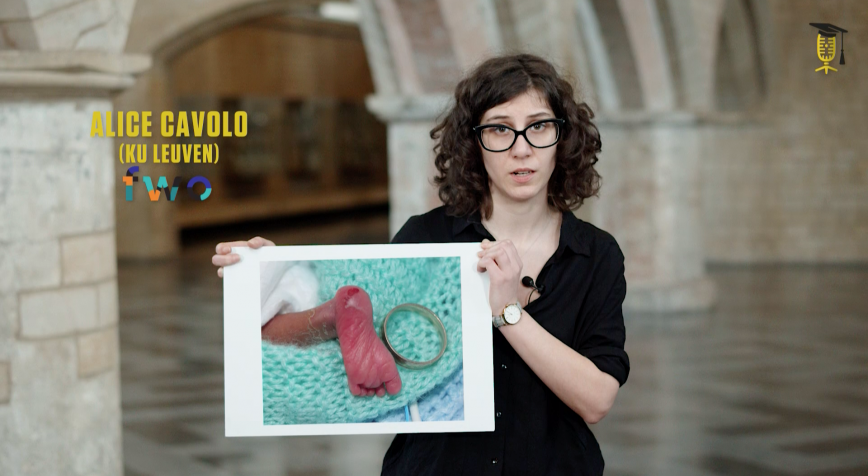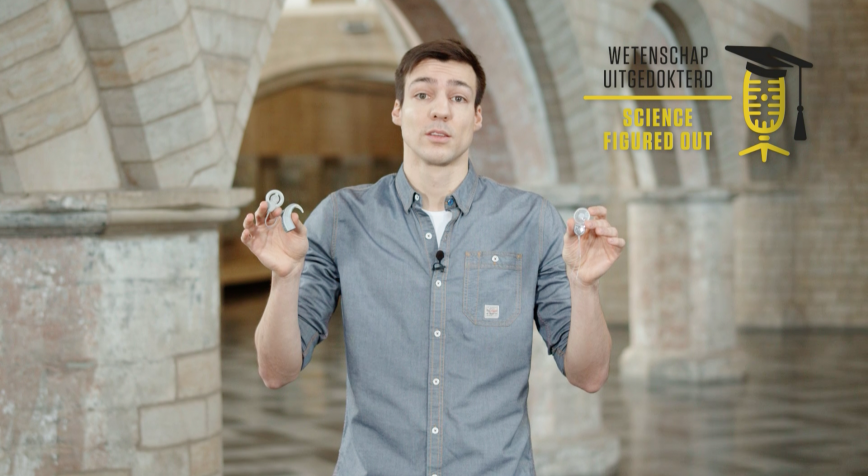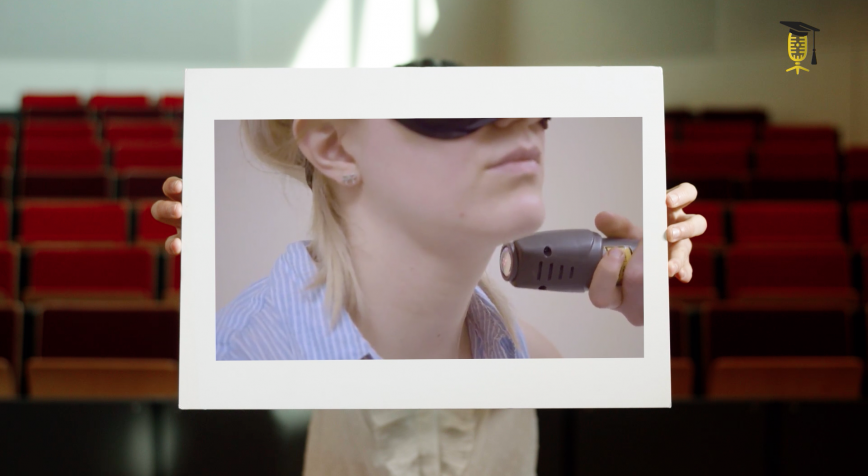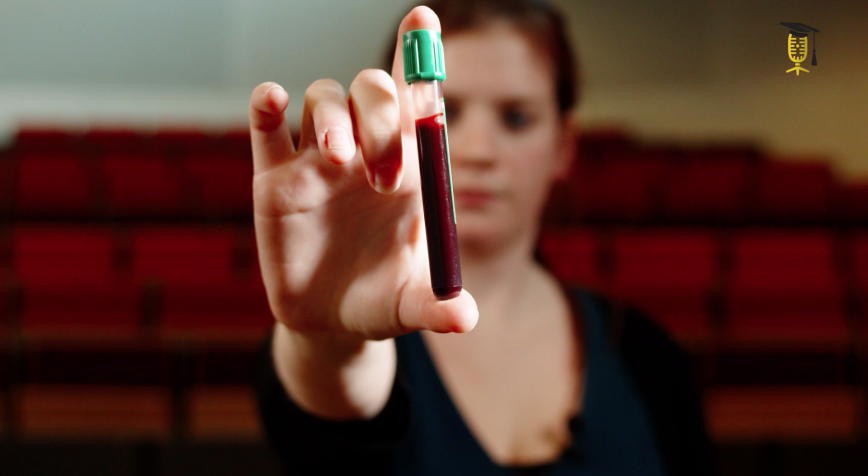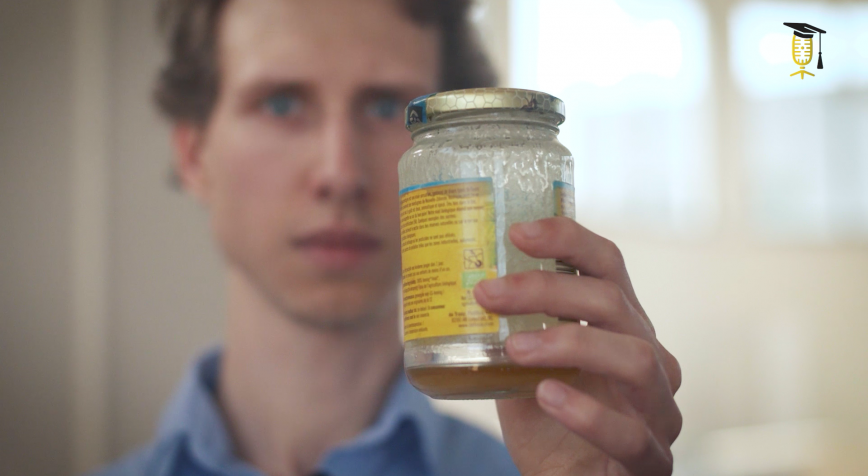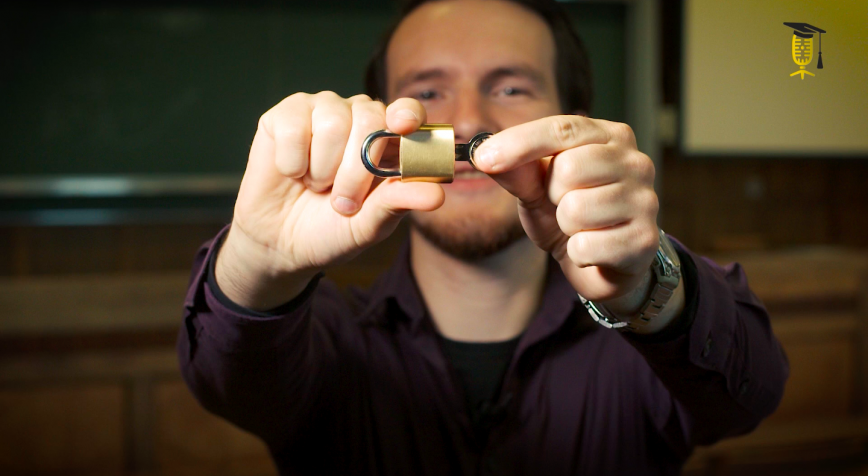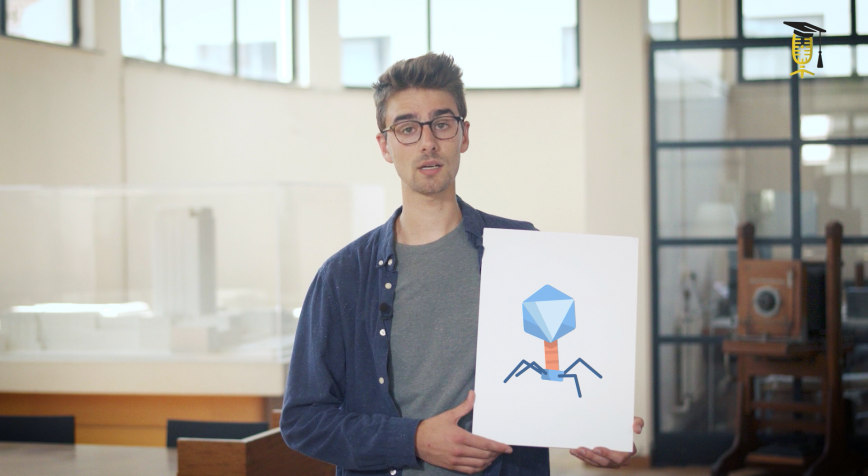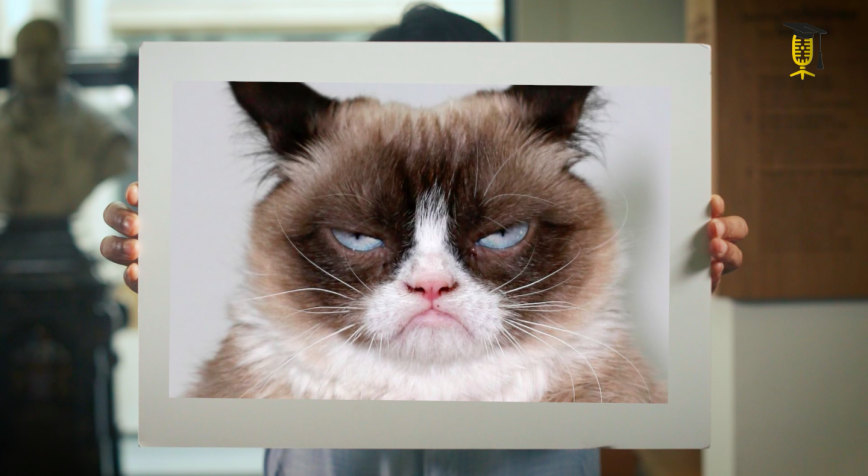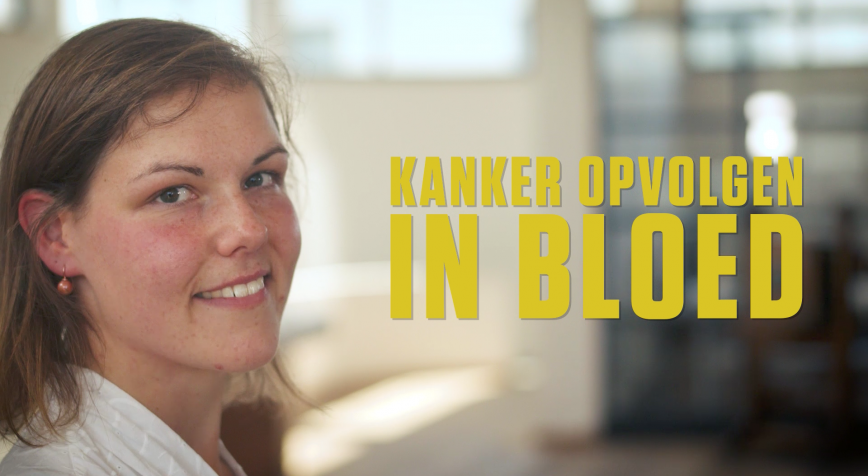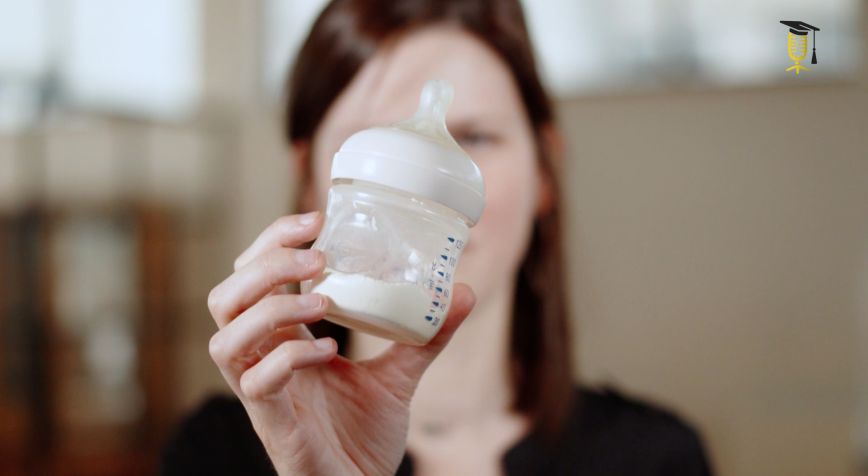
UGent
Healthy milk sugars for your baby
Not all mothers can breastfeed, which is a pity, because breastfeeding contains important molecules for the baby. But what if we add these molecules to powdered milk? That is what Anke Goormans is working on to help mothers and their babies.


